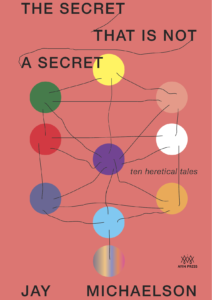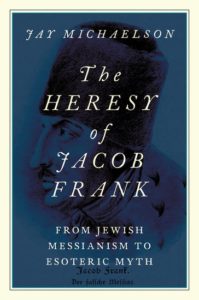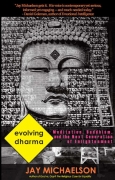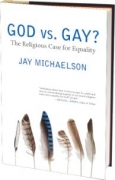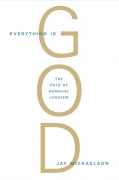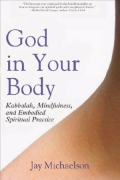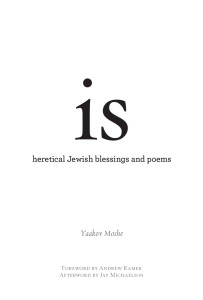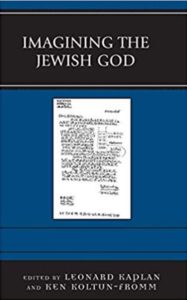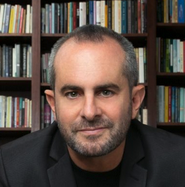Major Trends in Sabbatean and Frankist Research
Free to conference attendees
at Association for Jewish Studies
Boston, MA
More Info / Registration
Panel at the 2022 Association for Jewish Studies conference: Major Trends in Sabbatean and Frankist Research
Sabbateanism and its offshoots continue to be a very active area of academic research, particularly in the United States and Israel. This session brings together some of the latest explorations of these messianic studies. The papers emphasize the radical shifts in Judaism itself which emerged out of traditional Jewish theology. From the very inception of the movement, months earlier than previously known, to its latest radical stages in Europe and the Ottoman Empire, these papers reveal facets of messianism which would certainly have been unimaginable within traditional Judaism.
David Sclar opens our session with an image printed in a 1665 Venetian book which shows Sabbatai Zevi riding on a lion, itself a radical idea adopted from Midrash. This book was published months before scholars previously thought that the news about Sabbatai had reached Europe. We then move forward to the two major Sabbatean offshoots: the Ottoman Dönme sect and the European Frankists. Hadar Feldman Samet discusses the concept of extreme love as it was manifested in Dönme rituals and prayers, especially those formulated by the saintly Judah Levi Tovah. Jay Michaelson shows the shifting commitments of Jacob Frank, held together by a vision of a God who disdains law, glorying instead in human expressions of power and sexuality. Matt Goldish follows this theme by placing Frankism and Izbica Hasidim in the tradition of the Heresy of the Free Spirit, a medieval Christian heterodoxy which centered on extreme antinomianism.
Dr. Michaelson’s session: Jacob Frank: A Sensual Utopia Freed from Law
One of the most curious utopian visions in Jewish history was that of Jacob Frank (1726-1791), the antinomian heretic who, in the wake of the Sabbatean movement, led the largest apostasy in Jewish history.
The nature of this utopia changed during Frank’s long and bizarre career, from an autonomous enclave within Poland, to the overthrow of Christian dominion, to a “privatized” messianism involving an esoteric quest for immortality. But throughout, the central conception was almost reformist in nature: religious law thwarts personal flourishing, theodicy is nonexistent, and the lines demarcating forbidden and permitted are meaningless.
Frank’s messianic vision is of a sensual utopia free from law, in which human beings’ personal strength, sexual pleasure, and temporal power can be unleashed. His God loves transgression and the crossing of boundaries. And his Messiah is a feminine personage, known as the Maiden, who incarnates throughout history and embodies sensuality and sexual expression.
